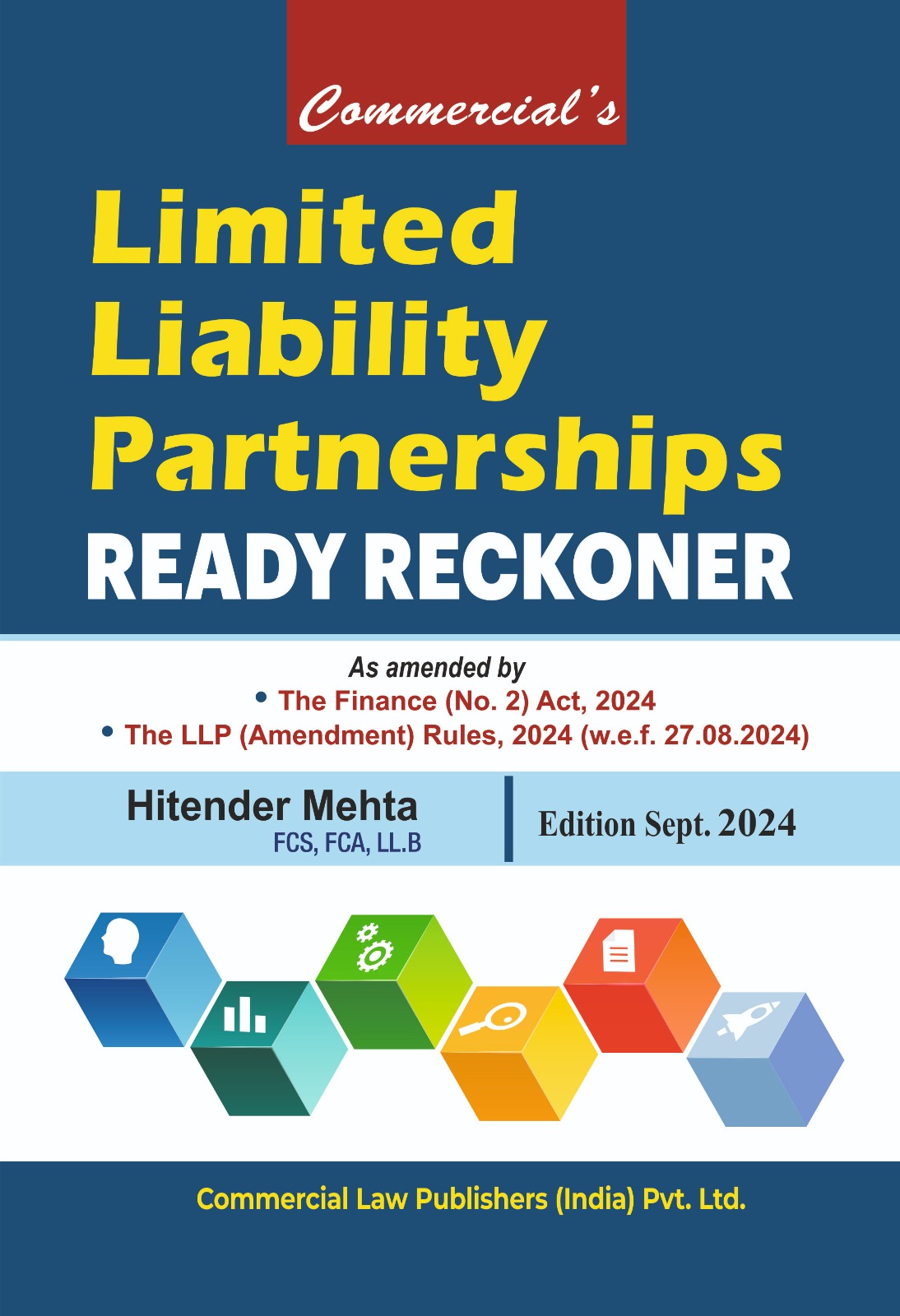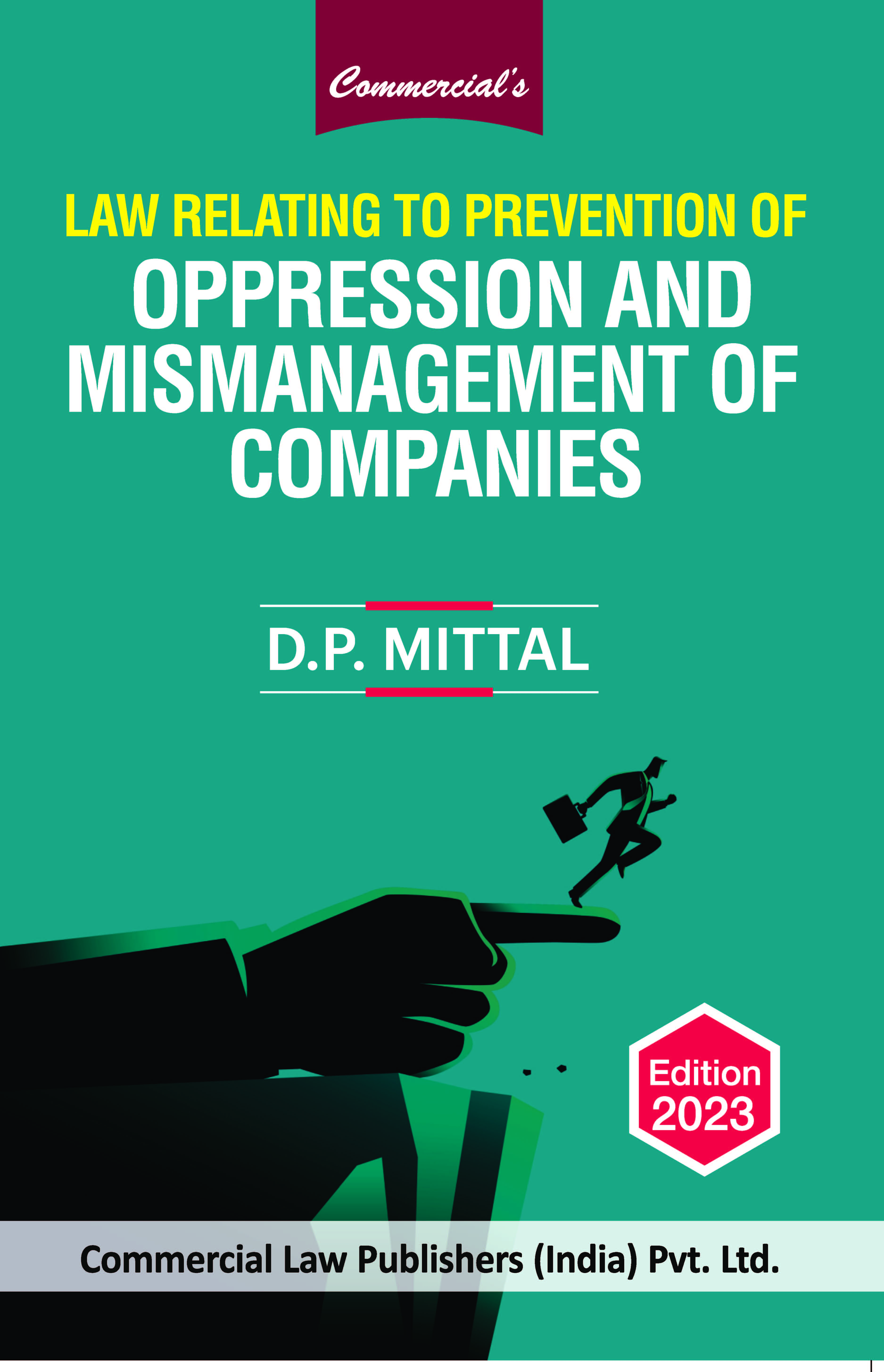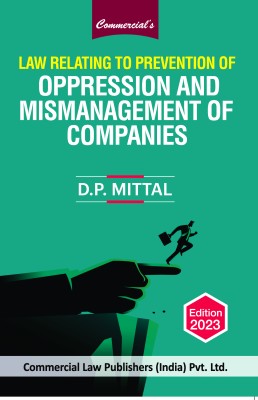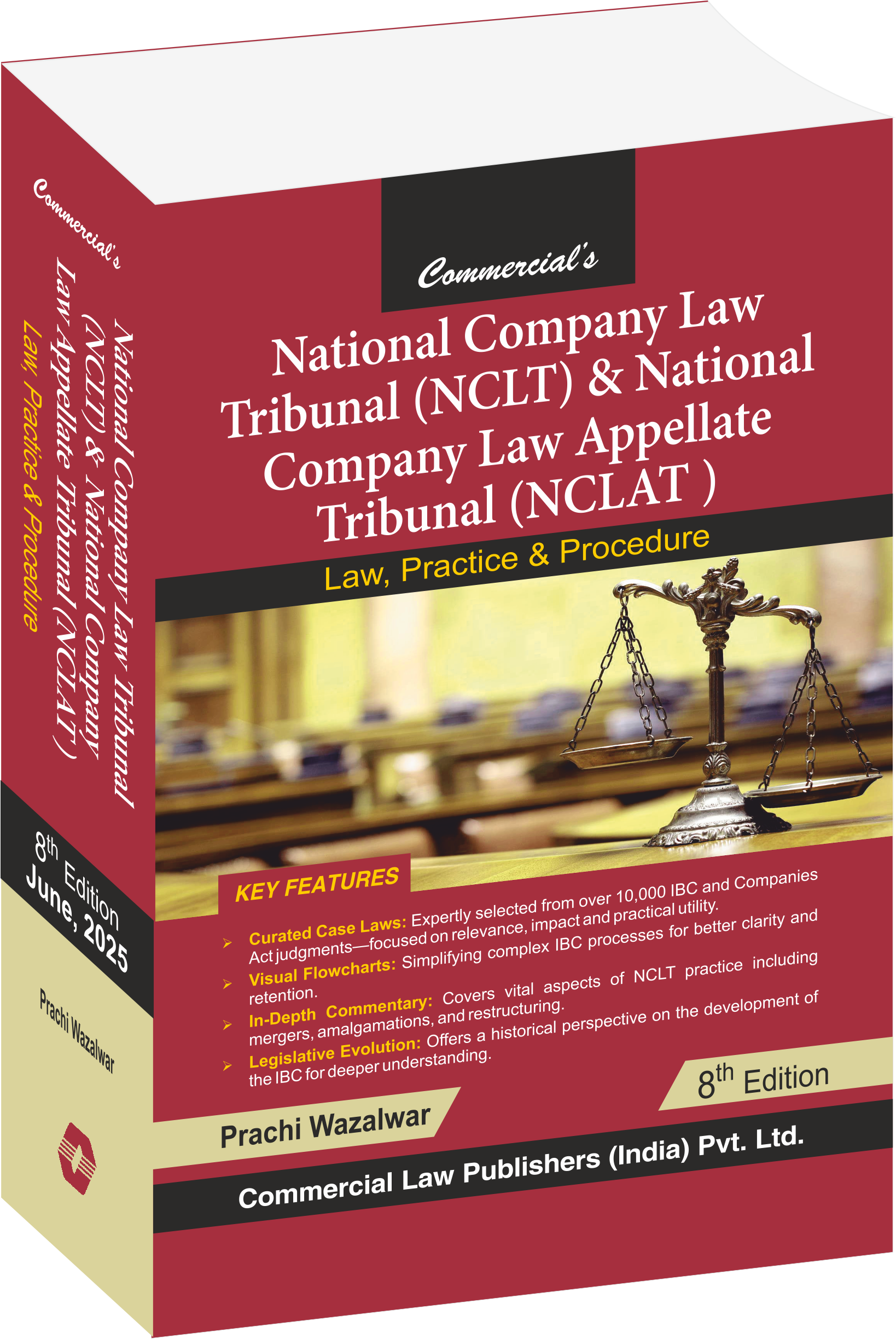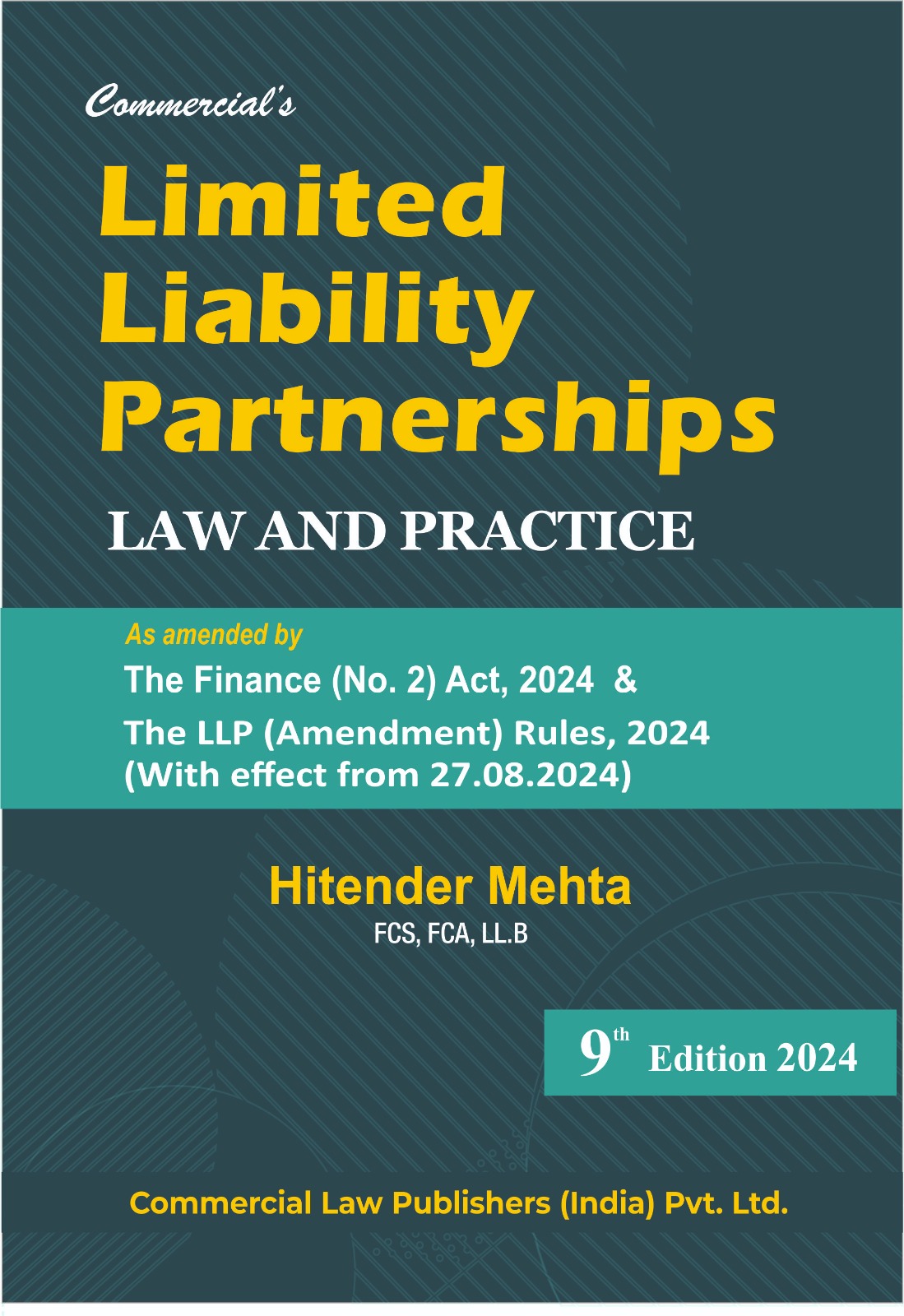Law Relating to Prevention of Oppression & Mismanagement of Companies
The book deals with measures as an alternative to winding up of a company to prevent mismanagement
and oppressive conduct of majority shareholders which is burdensome, harsh and wrongful, lacking
probity, unfair to the member, and causing prejudice to him in the exercise of his legal and proprietary
rights as shareholder and the Tribunal regulating, overseeing and supervising the working of the company
and making such orders as it thinks fit, relieving the minority shareholders from acts of oppression and
mismanagement or preventing its affairs being conducted in a manner prejudicial to public interest. It
consists of 13 chapters
• Chapter 1 is an introduction explaining the concept of corporate governance, the genesis and the
scheme of the Chapter XVI of the Companies Act, 2013 “ Prevention of Oppression and
Mismanagement” and also explaining that doctrines and concepts routinely applicable to dealing with
other civil cases are not normally applicable;
• Chapter 2 deals with making application to the Tribunal seeking relief from oppression and
mismanagement;
• Chapter 3 and Chapter 4 explain concepts respectively of “Oppression” and “ Mismanagement” with
illustrations drawn from decisions of Indian and foreign courts;
• Chapter 5 deals with the Tribunal investigating a person guilty of fraud, misfeasance, persistent
negligence or default in carrying on the business and debarring him for five years, if found guilty, to hold
the post of a director or a post of responsibility;
• Chapters 6 to 10 deal with Tribunal powers to make orders as it considers think fit as also orders on
particular matters providing for regulation of company in future, sale of shares, removal and
appointment of directors, orders on just and equitable grounds, power to issue injunction, etc;
• Chapter 11 deals with qualification of members making application to Tribunal for prevention of
oppression and mismanagement;
• Chapter 12 deals with concept of class action or derivative claim which allows for the initiation of a class
action suit by a member or a depositor on behalf of the members or depositors against directors for
conducting affairs of the company in a fraudulent, unlawful or wrongful manner;
• Chapter 13 deals with penalty for fraud by delinquent directors, liability for fraudulent conduct of
business, assessment of damages against them, etc.

D.P. Mittal
D. P. MittalB.Sc., BA (Economics), L.L.B is an advocate, tax and business law consultant. He has a long experience in administering tax laws as an officer of Indian Revenue Service and in advising investors and entrepreneurs on legal, commercial and tax aspects of investment in India as an advocate now and previously as a senior adviser in the Indian Investment Centre, New Delhi (a Government of India Organization). He has authored widely acclaimed books - Principles of Constitutional .......My Rating
Log In To Add/edit Rating
You Have To Buy The Product To Give A Review
All Ratings
Related Books
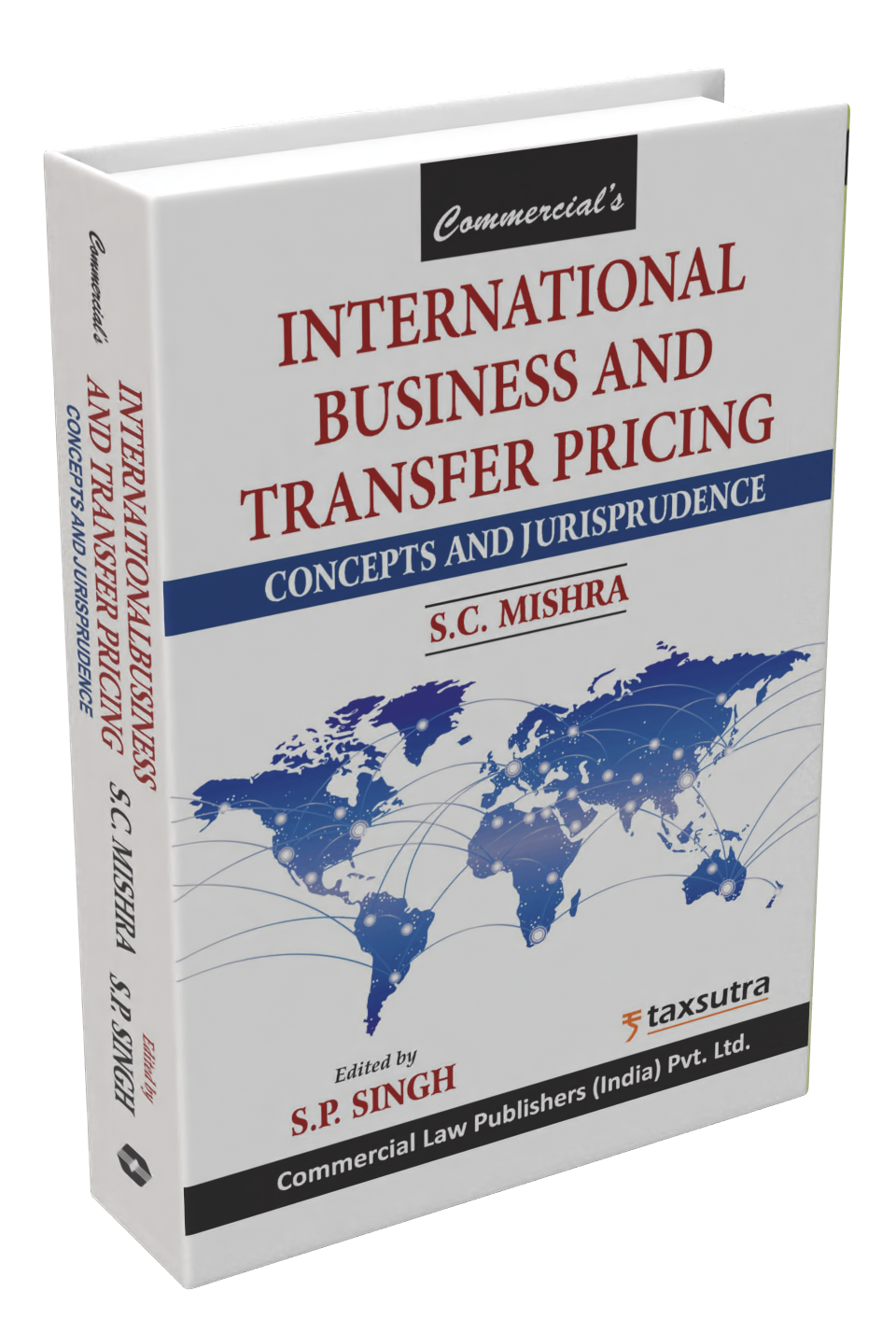
International Business and Transfer Pricing Concept and Jurisprudence
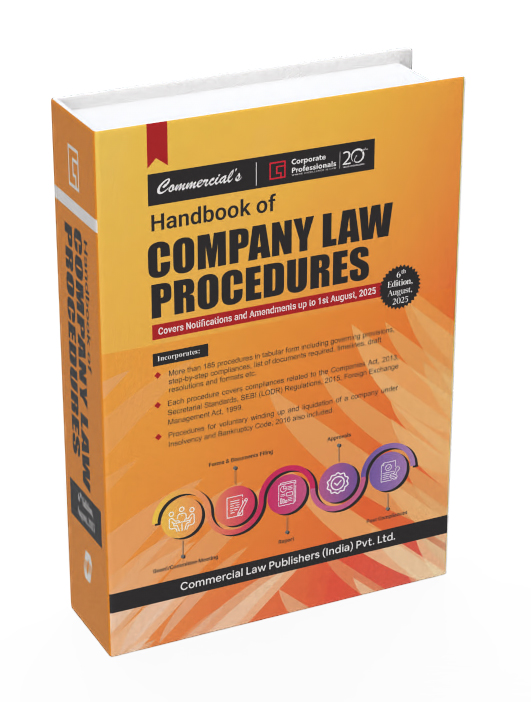
Handbook of Company Law Procedures
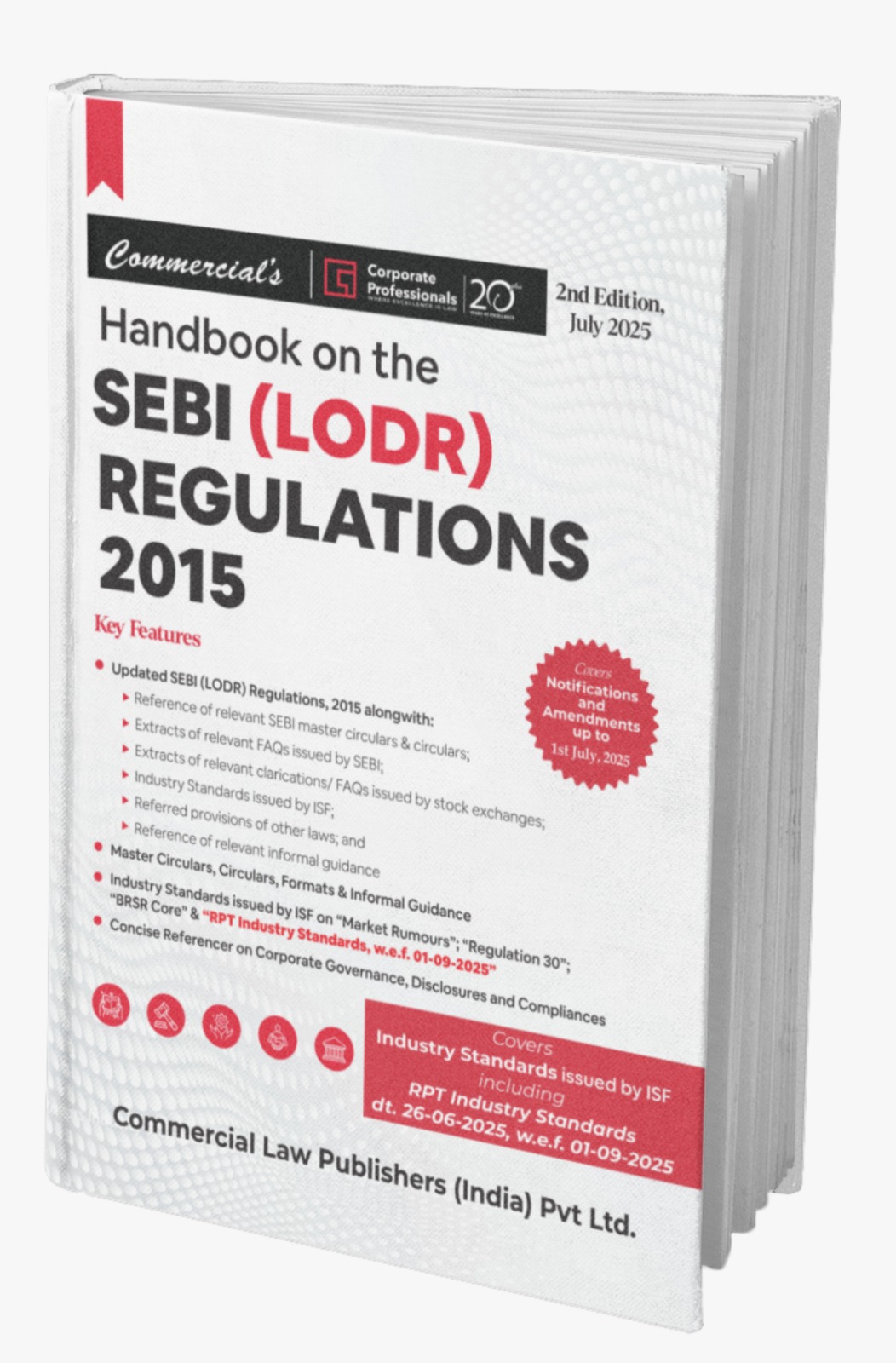
Handbook on SEBI (LODR) Regulations 2015 2nd Edition July 2025
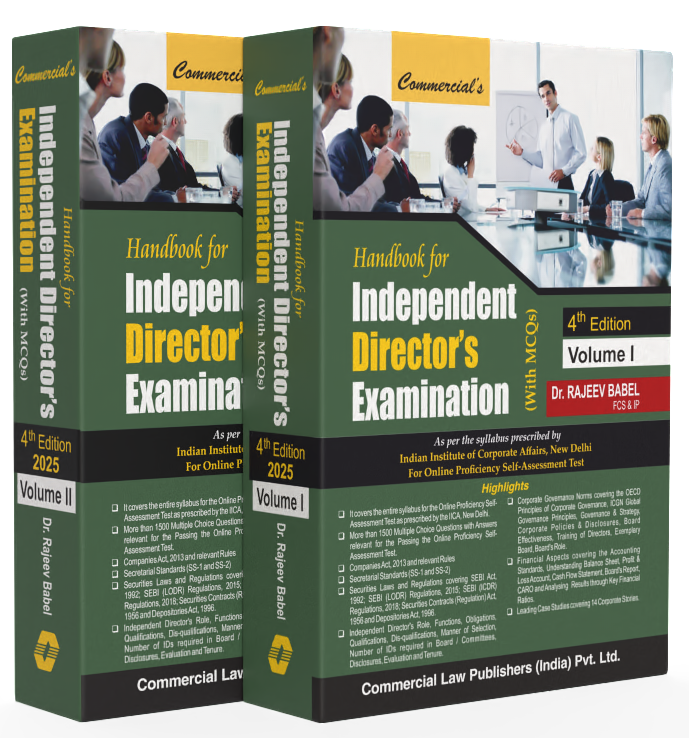
Handbook for Independent Director's Examination (SET OF 2 VOLS.)
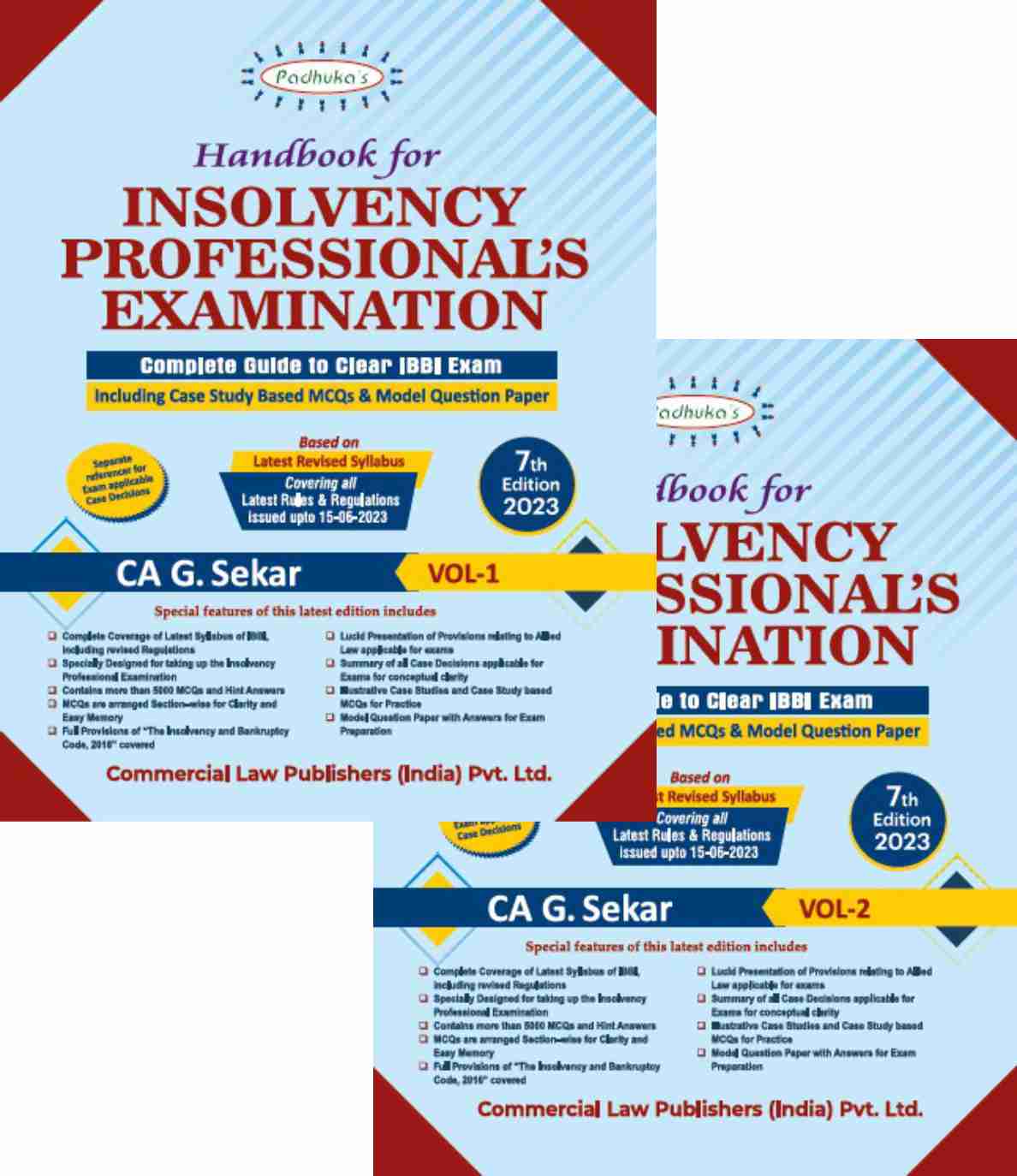
Handbook for Insolvency Professional's Examination (Set of 2 Vols.)
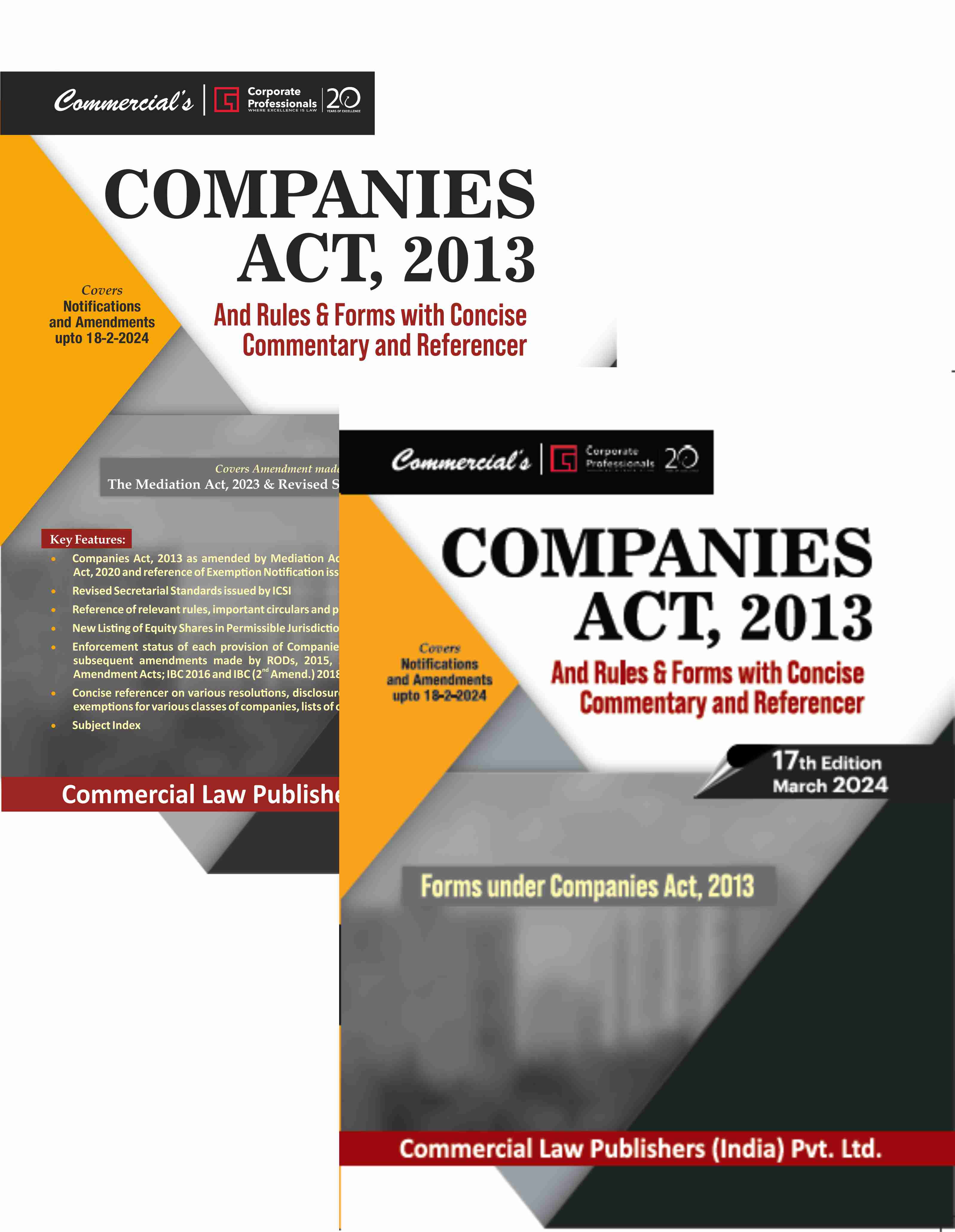
Companies Act, 2013 and Rules & Forms with Concise Commentary and Referencer
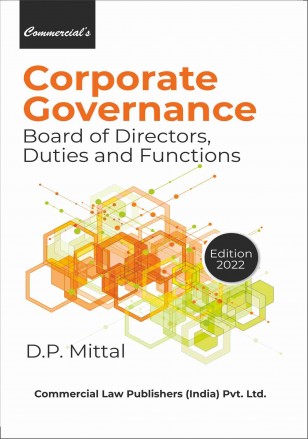
Corporate Governance Board of Directors, Duties and Functions
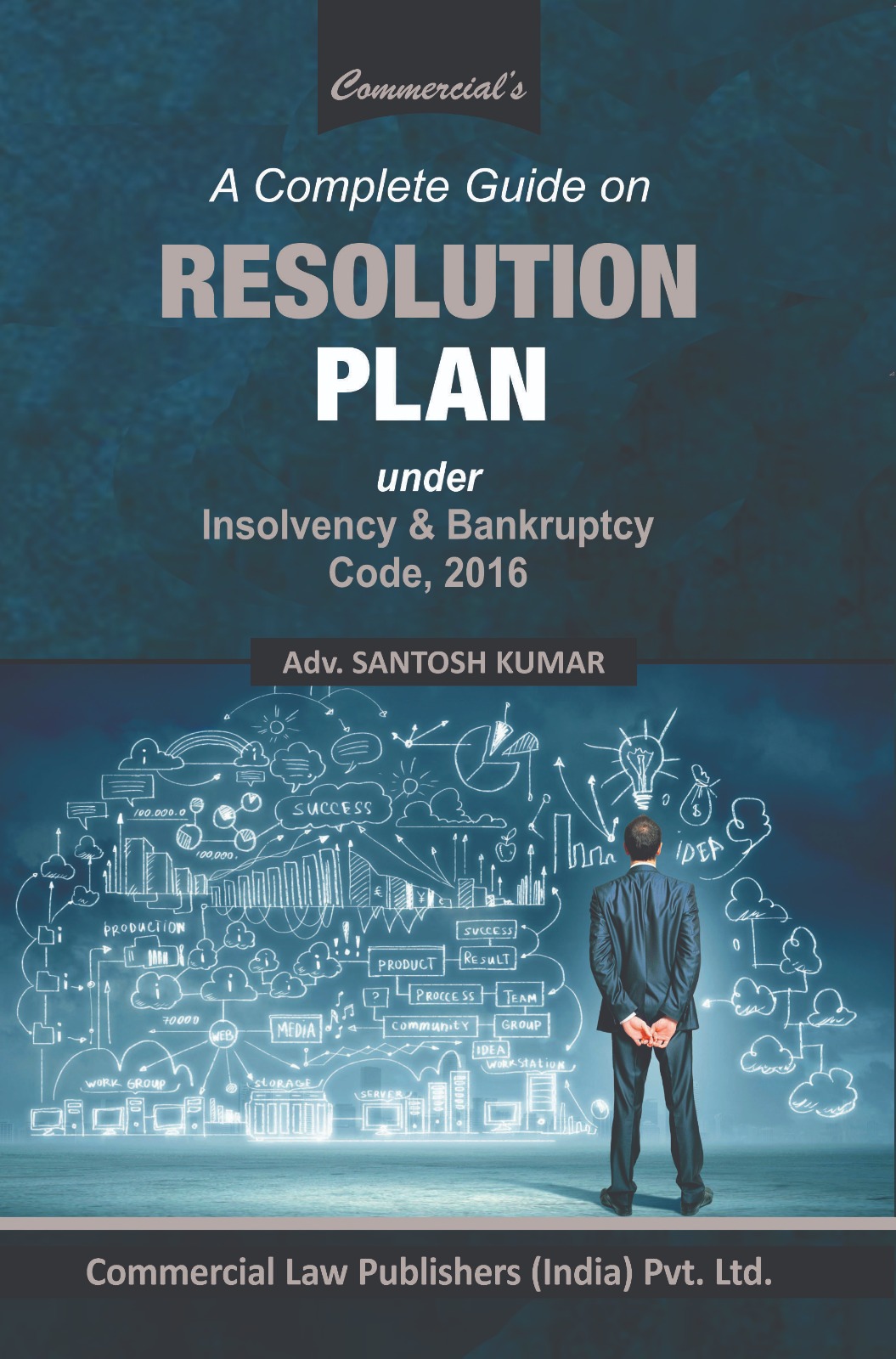
A Complete Guide on Resolution Plan Under Insolvency and Bankruptcy Code, 2016
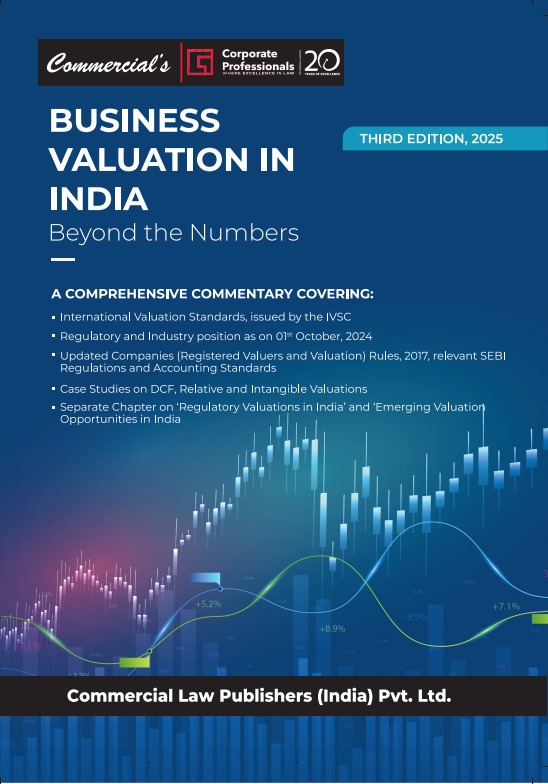
Business Valuation in India Beyond the Numbers
